For those who do not understand
the heading let me first explain what I mean. An Ali-Baba venture in Malaysia is a
colloquial term that refers to an arrangement that is commercially motivated in
which a Malay and a non-Malay partner enter into a business venture and
relationship. In this arrangement, the
Malay usually plays a dormant sleeping partner role. It is an arrangement in which the Malay who
enjoys certain special rights is “used” to do business with a non-Malay,
usually Chinese. Just for information, I
am reliably informed that this sort of thing happens in present day Dubai too
with the Arab owning the majority share of 51% as a sleeping and decision
making partner with a non-Emirates citizen to venture into any business there.
And it is official and above the board at that.
What I intend to posit here is
that the British were already doing it before Merdeka itself and struck up a
deal with the local sultans in which the sultans were “well taken care of”
while the British were allowed to do whatever they thought fit economically and
more here. This arrangement worked well
and soon Malaya became the world’s largest producer of not only tin but also
rubber.
The first Europeans who came here
before the British were the Portuguese and the Dutch respectively. Both occupied Melaka for periods exceeding
100 years during which time Melaka was ruled by them but were mere trading
posts then, nothing more nothing less. The Portuguese were in Melaka for 130
years between 1511 and 1641. They endured years of battles started by Malay sultans
who wanted to get rid of the Portuguese and reclaim their land. The Dutch ruled
for almost 183 years with some intermittent British occupation. This Dutch era saw relative peace with little
serious interruption from the Malay kingdoms that already existed at the time but
this period also marked the decline of the importance of Malacca because The
Dutch preferred Batavia (present day Jakarta) as their economic and administrative center in
the region.
In 1824, the British and the Dutch
signed the Anglo-Dutch Treaty which saw the British taking over Melaka by
swapping Bencoolen ( Bengkalis in Sumatra) with the Dutch among other terms. The Malays were not a party to this
treaty. The
Anglo–Dutch Treaty of 1824 officially demarcated two territories Malaya, which was ruled by the United Kingdom, and the Dutch East Indies, which was ruled by the Dutch besides a
brief 4 year Japanese Occupation.
Now the colonial British were
much more witty that the earlier Europeans. They studied the Malays well and noted a few
things about the Malay psyche which helped them tremendously to “rule” and
benefit better. They noticed that :
1. The Malays were staunchly Muslim and adhered so much to Islam that it dawned on them that a Malay is a Muslim and a Muslim is a Malay over here.
2. The Malays had an unquestionable devotion and love for their respective sultans and leaders.
3. The Malays loved their culture and traditions including some animistic beliefs.
Thus it became apparent to the British colonials that if they were to get anywhere with the Malays and their sovereign sultans it is in their best interests to :
1. Recognize the sultan and his sovereignty
2. Not do anything to antagonize the Malays by for example trying proselytize Christianity to them or do or say anything against Islam but instead recognize and respect Islam as well.
3. Also respect the Malay culture and all the traditions and customs that go with it.
In recognition of the above the British then :
1. Pampered the sultans with pensions, built lovely stone mansions as istanas (palaces) for them and taught them the social graces of the Europeans such as fine dining, music, dancing, cigars, polo and brought them to England to see for themselves what England was like and how progressive it was.
2. Allowed the sultans be in total charge of Islam and the Malay cultural practices and hereditary customs (adat) and lands.
3. Built schools, mosques and suraus for the Malays in the villages which must have immensely pleased the Malays who were almost all rural denizens at the time.
In return for all the aforesaid,
the Malay sultans gave a free hand to the British to do whatever they wanted
with Malaya economically and sometimes even more than that. This is what I
alluded to as the original Ali
-Tom relationship. The Malay sultans
were happy and so were the Malays who were lived mainly as agrarians in rural
areas or as fishermen along the coasts. In
return, the British brought in (or were allowed to bring in) an Indian labor
force and also the Chinese to transform the Malayan landscape into rubber plantations
and tin mines. These new economic efforts were principally manned by Indian and
Chinese migrants. Today any lake or for
that matter any town you see in the west coast is a tell-tale sign of tin mines
and Chinese settlements. And, almost any
rubber plantation (or palm oil plantation now) that exists today is another
tell-tale sign of the efforts of the migrant Indians in Malaya besides the
roads, railways and ports.
It is sad that most people do not
realize these things. I have always thought of the Malays as a as hornets which are generally very peaceful. But God help you if you go and poke or
provoke their nest.
Related Pictures
Related Pictures











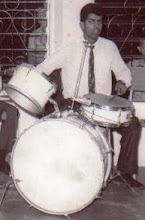




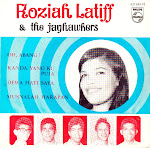








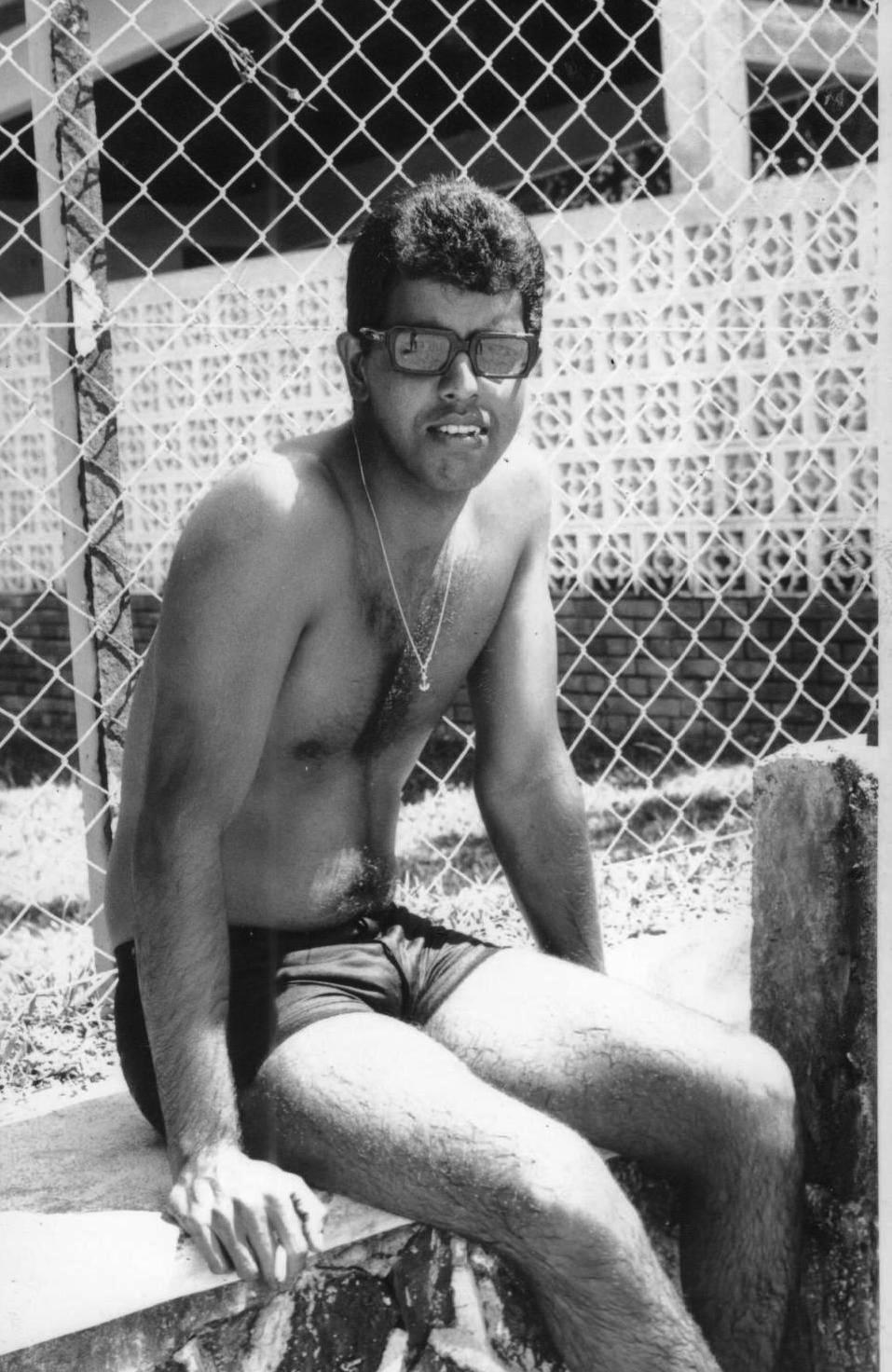






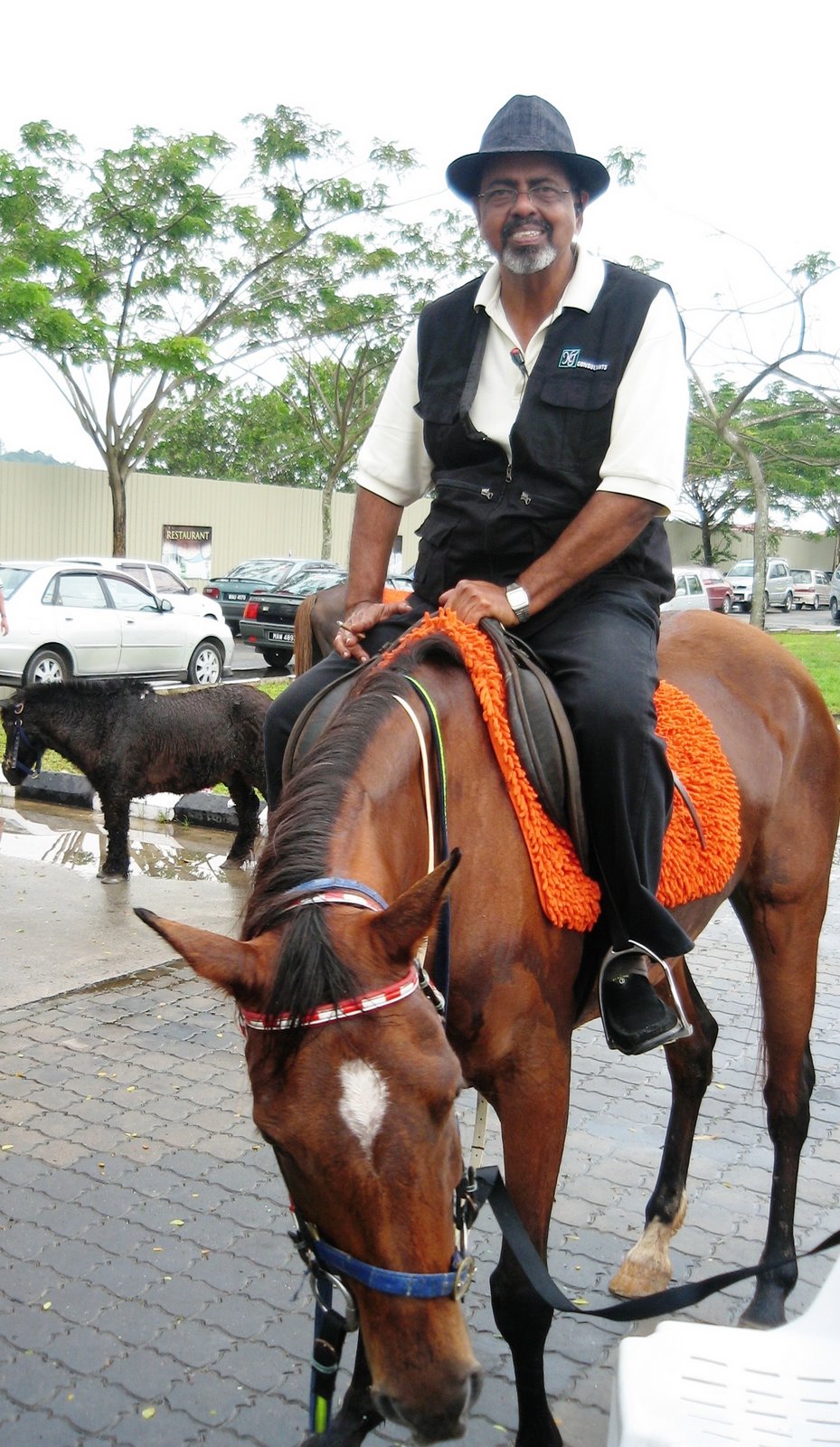













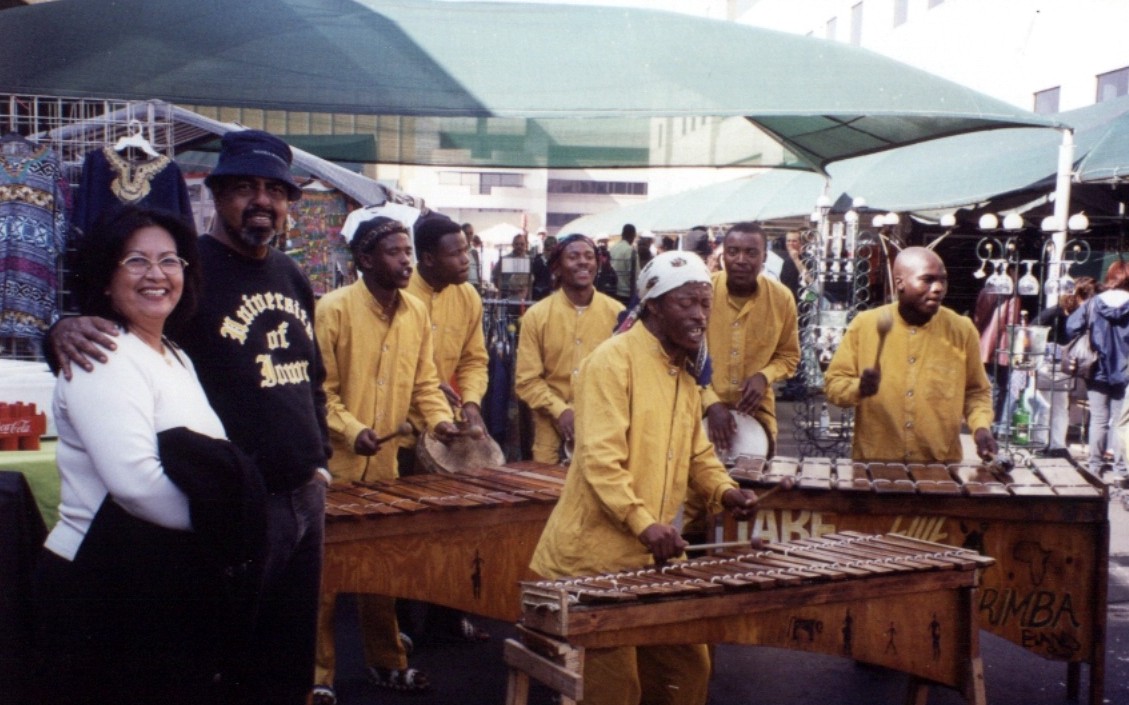

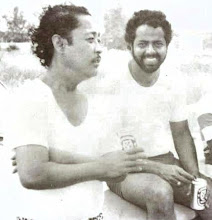
No comments:
Post a Comment